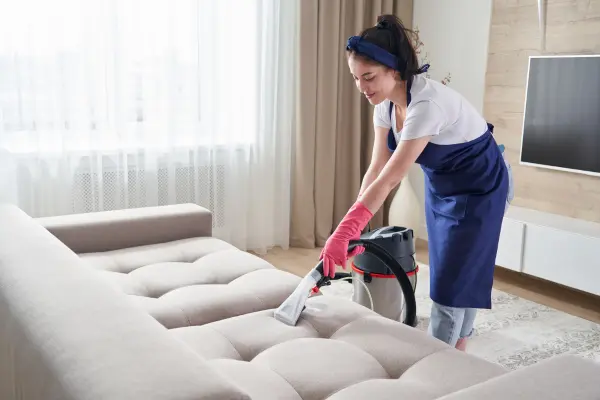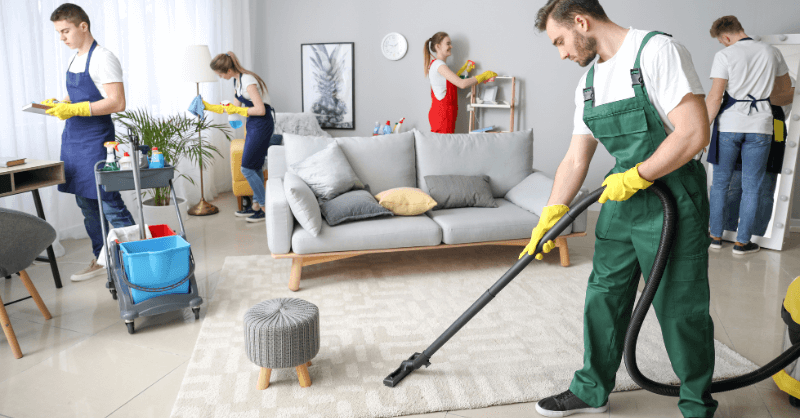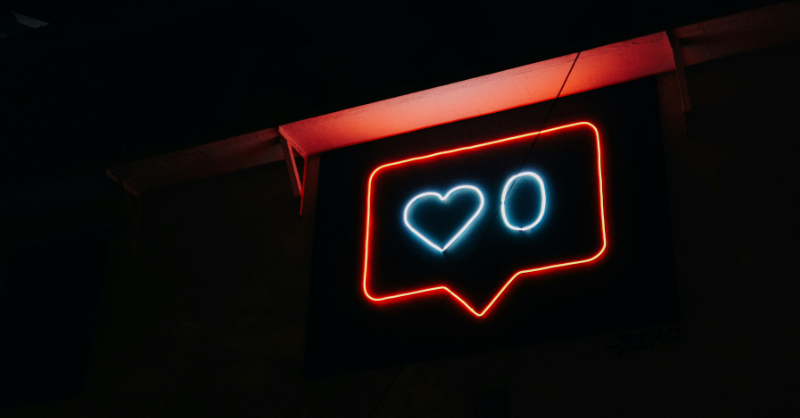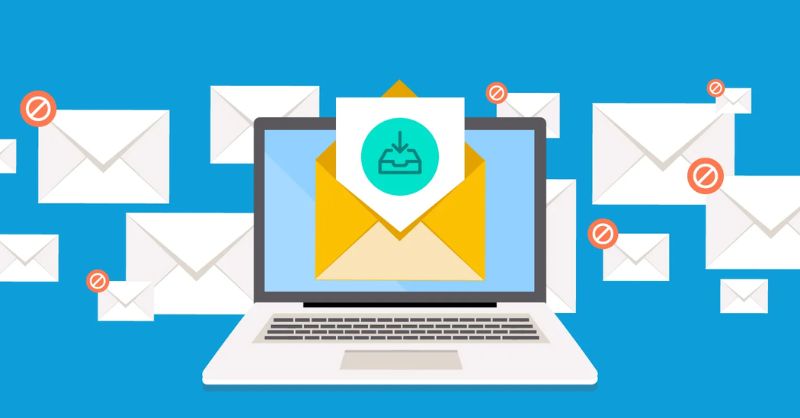The best way to predict the future is to create it. Starting a cleaning business from scratch can be a great way to become your boss and take control of your career. However, it would be best to have the right equipment to succeed in the cleaning industry. This blog will discuss the essential aspects and to-dos to start a cleaning business from scratch.
Besides, we’ll cover everything from cleaning supplies to specialised equipment like vacuum cleaners and pressure washers. By the end of this blog, you’ll have a good idea of what equipment you need to invest in to start your cleaning business and set it up for success.
What is a Cleaning Business?
A cleaning business is a professional service provider that offers a range of cleaning and maintenance services to its clients. These services can include everything from basic cleaning tasks like dusting and vacuuming to specialised services like carpet cleaning, window washing, and floor maintenance.
Besides, cleaning businesses typically offer their services to residential and commercial clients, depending on their target market and focus. Residential cleaning services are usually geared towards homeowners and renters, while commercial cleaning services are geared towards businesses and organisations.
In addition to essential cleaning services, many cleaning businesses offer more specialized services. For example, some cleaning businesses may provide deep-cleaning services to tackle tough grime and dirt. In contrast, others may offer eco-friendly cleaning services that use green cleaning products to minimise environmental impact.
Moreover, to succeed in the cleaning business, you must provide high-quality services and maintain a positive reputation with your clients. This requires a commitment to customer service, attention to detail, and a willingness to adapt to clients’ changing needs.
What Skills Do You Need to Start a Cleaning Business?
Every successful start-up requires some specific skills and knowledge. As for skills needed to start a cleaning business, some essential ones include:
• Cleaning skills and knowledge of best practices: Understanding what cleaning products and equipment to use for different surfaces and how to clean effectively and efficiently.
• Time management and organisational skills: Schedule appointments, tasks, and employees effectively.
• Customer service skills: Providing excellent customer service and communication with clients, understanding their needs and preferences.
• Business management and accounting: Understanding the financial aspects of running a business, including bookkeeping, invoicing, and taxes.
• Marketing and sales: Effectively market and sell your services to potential clients.
• Other skills you should develop:
→ A reasonable level of fitness;
→ Ability to work both alone and in a team;
→ Awareness of health and safety procedures.
What are a Cleaning Company’s Start-Up Costs?
The start-up costs for a cleaning company can vary depending on various factors, such as the type of cleaning services offered, the location, and the business size. Here are some typical start-up costs for a cleaning company:
• Equipment and Supplies: You will need to purchase or rent cleaning equipment and supplies, such as vacuums, mops, cleaning solutions, and gloves.
• Licensing and Insurance: Depending on your state and local regulations, you may need to obtain a business licence and liability insurance.
• Marketing and Advertising: You may need to invest in marketing and advertising to attract customers. This may include developing a website, printing flyers, and placing ads in local newspapers.
• Transportation: If you provide services at your client’s location, you may need to invest in transportation, such as a vehicle or gas money.
• Labour: If you plan to hire employees, you will need to consider the cost of salaries, benefits, and payroll taxes.
What Equipment Do You Need to Start a Cleaning Business?
Now that you’ve done your market research and specified the type of cleaning business you want to start, it’s time to shop for the basics! Not every cleaning business will need the same products as it relies on what exactly you’ll be cleaning, but a few ideas to get you started include:
Basic Cleaning Supplies:
• Broom and dustpan
• Microfiber cleaning cloths
• Sponges and scrub brushes
• Spray bottles
• Gloves & Bucket
• Rubbish bag
• Vacuum cleaner
• Mop and bucket
Essential Cleaning Products:
• All-purpose cleaner
• Glass cleaner
• Disinfectant cleaner
• Bathroom cleaner
• Floor cleaner
• Furniture polish
• Carpet cleaner
Commercial Cleaning Supplies:
• Heavy-duty degreaser
• Disinfectant cleaner
• Heavy-duty floor cleaner
• Chemical-resistant gloves
• Microfiber rags and clothes
• Microfiber mops
• Buckets & Squeegees
• Squeegees & Dusters
• Brooms & Dustpans.
• Restroom cleaning tools.
• Spray bottles.
Commercial Cleaning Equipment:
• Commercial-grade vacuum cleaner
• Floor buffer/polisher
• High-pressure washer
• Carpet extractor
• Rubbish cans and liners
• Pressure sprayer
Essential Professional House Cleaning Supplies:
• HEPA filter vacuum cleaner
• Microfiber cleaning cloths
• Mop and bucket
• Glass cleaner
• All-purpose cleaner
• Disinfectant cleaner
• Furniture polish
• Stainless steel cleaner
As mentioned in this article, the entry costs for starting a cleaning business in the UK are relatively low. That being said, it does not mean it’s free. For example, some costs you’ll need to consider include equipment, vehicles, marketing, registration and insurance fees, etc.
In addition, you’ll also need to invest significantly into marketing your business and getting your brand’s name out into the public domain. This can quickly add up and cost you upwards of £10,000.
Importantly, you should remember that the equipment and supplies needed for a cleaning business may vary depending on the specific needs of the company and the type of cleaning services provided.
How Much Should You Charge for Home Cleaning?
It depends. Determining the cost of home cleaning in the UK can depend on several factors, such as the size of the home, the quality of your service, the type of cleaning required, and the location.
Cleaning companies may charge an hourly rate ranging from £10 to £20 per hour or extra fees for larger homes, deep cleaning, or special services like carpet cleaning.
Discounts may be offered for regular weekly or bi-weekly cleaning services. We recommend you compare the prices and services of other cleaning companies.

What are the Equipment and Supplies Used in Cleaning a Public Area?
Equipment and supplies for cleaning public areas can vary depending on the specific type of area being cleaned, but some everyday items include:
• Mops and buckets for cleaning floors;
• Brooms and dustpans for sweeping up debris;
• Vacuum cleaners for cleaning carpets and upholstery;
• Cleaning cloths and rags for wiping down surfaces;
• Cleaning solutions and chemicals for removing dirt and grime;
• Disinfectants for killing germs and bacteria;
• Rubbish bags and containers for collecting waste;
• Cleaning carts or trolleys for transporting supplies and equipment;
• Personal protective equipment (PPE) such as gloves, goggles, and masks for worker safety.
Further, other equipment and supplies for cleaning public areas include high-pressure washers for outdoor areas, floor scrubbers and polishers for hard floors, and specialized cleaning solutions for removing graffiti or stains.
Notably, choosing the right equipment and supplies for the job is vital to ensure effective cleaning and a safe working environment for the cleaning staff.
What Equipment is Used in Industrial Cleaning?
Industrial cleaning equipment is slightly different from public area cleaning tools. Industrial cleaning requires specialised equipment to handle the unique challenges of cleaning large facilities and heavy-duty equipment. Some common types of equipment used in industrial cleaning include:
• Pressure washers for high-pressure cleaning of floors, walls, and outdoor areas;
• Industrial vacuums for removing debris, dust, and other contaminants;
• Floor scrubbers and polishers for cleaning and maintaining hard floors;
• Chemical sprayers and applicators for applying cleaning solutions and degreasers;
• Steam cleaners for disinfecting and deep cleaning equipment and surfaces;
• Confined space entry equipment for cleaning tanks, vessels, and other enclosed spaces;
• Personal protective equipment (PPE) such as gloves, respirators, and safety glasses protect workers from hazardous chemicals and other workplace hazards;
• High-reach cleaning tools such as ladders and scaffolding for cleaning hard-to-reach areas.
What Documents are Needed for a Cleaning Business?
Every country has some specific guidelines and documents to get started with a business. Here are some of the typical documents that may be required for a UK cleaning business:
• Business registration documents: Depending on the business’s legal structure, you may need to register with Companies House or HM Revenue and Customs (HMRC) to obtain a unique registration number.
• Insurance policies: You may need to obtain public liability insurance to protect your business against third-party claims for injury or property damage. Employers’ liability insurance may also be required if you have employees.
• DBS checks: If your cleaning business involves working with vulnerable individuals or children, you may need to obtain Disclosure and Barring Service (DBS) checks for your staff.
• Health and safety documents: You may need to conduct a risk assessment and develop a health and safety policy. You may also need to obtain your staff’s appropriate personal protective equipment (PPE).
• Cleaning contracts: You may need to prepare written contracts or agreements with your clients, which outline the scope of work, payment terms, and other vital details.
• Tax records: You must keep accurate business income and expenses for tax purposes. This may include keeping receipts, invoices, and other financial documents.
• GDPR compliance: If you collect and process personal data for your cleaning business, you must comply with the General Data Protection Regulation (GDPR) by developing a privacy policy and implementing appropriate data protection measures.
It’s important to note that the specific requirements can vary depending on the size and nature of your cleaning business, so it’s recommended that you seek professional advice to ensure you have all the necessary documents in place.
The Health Risks Associated with Cleaning Equipment and Products
Cleaning equipment and products can pose health risks if misused or contain harmful chemicals. Some of the potential health risks associated with cleaning equipment and products include:
• Skin irritation: Exposure to cleaning chemicals can cause skin irritation, including redness, itching, or even burns.
• Respiratory problems: Certain cleaning chemicals can release fumes that irritate the respiratory system, causing coughing, wheezing or shortness of breath.
• Eye irritation: Some cleaning chemicals can cause eye irritation, ranging from mild to severe, depending on the chemical and the duration of exposure.
• Allergic reactions: Some people may be allergic to certain cleaning products, which can cause symptoms such as hives, swelling, or difficulty breathing.
Conclusion
In conclusion, starting a cleaning business from scratch can be a lucrative and rewarding venture, but investing in the right equipment is vital to ensure your success. By understanding the various types of equipment needed for different cleaning tasks, you can make informed purchasing decisions and provide quality services to your clients. Besides, some essential kit to consider when starting a cleaning business includes vacuum cleaners, mops and buckets, cleaning solutions, safety equipment, and transportation.
Remember to prioritise quality, safety, and efficiency when selecting equipment to help your cleaning business thrive. You can build a successful cleaning business from scratch with the right equipment and a commitment to customer satisfaction.
To get instructions and guidance from industry-leading experts, check out our course Cleaning Supervisor.
FAQ
1. How much does it cost to start a cleaning business?
The cost of starting a cleaning business can vary depending on the business size, location, and equipment needs. Creating a business plan and budget is essential to determine the costs involved.
2. Do I need to buy new equipment, or can I use what I have?
You can use existing equipment, but investing in quality equipment specific to the cleaning industry is recommended. This can improve efficiency, reduce the risk of surface damage, and increase customer satisfaction.
3. Is it necessary to have a vehicle for a cleaning business?
A vehicle is not always necessary, but it can benefit the transportation of equipment and staff. It can also provide a professional image to clients.
4. What safety equipment is required for a cleaning business?
Safety equipment for a cleaning business can include gloves, masks, goggles, and non-slip footwear. It’s vital to assess the potential risks of cleaning tasks and provide appropriate safety equipment to reduce the risk of injury.
5. What are the 4 typical materials for cleaning?
The four typical materials for cleaning are water, soap, baking soda, and vinegar.








 May 27, 2024
May 27, 2024






